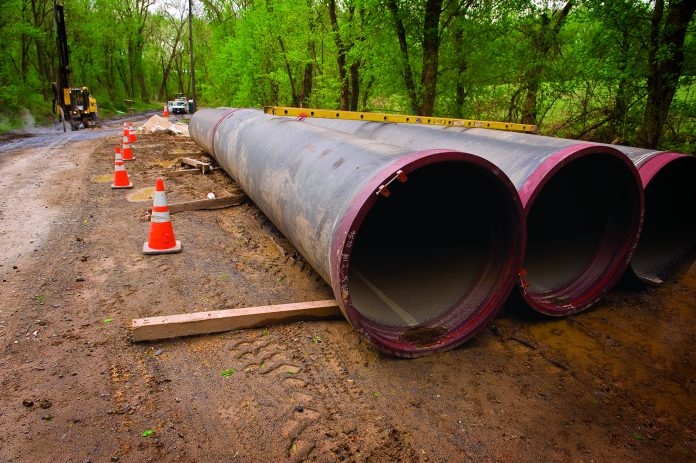Governor Andrew Cuomo has announced the Clean Water Infrastructure Act of 2017 with plans to invest US$2 billion in critical water infrastructure across New York State. The investment in drinking water infrastructure, wastewater infrastructure and source water protection actions will enhance community health and wellness, safeguard the most important water resources, and create jobs.
“Investing in water infrastructure is critical to fostering growth in our communities and our state,” said Governor Cuomo. “This Act will continue our historic commitment to protecting and preserving New York’s natural resources by infusing US$2 billion in critical upgrades to water systems across the state. This investment will rebuild and improve our regional infrastructure, while supporting a stronger, healthier New York for generations to come.”
The Clean Water Infrastructure Act will provide the capital needed to upgrade municipal drinking water systems, improve municipal wastewater systems, and protect drinking water at its source. In addition to incentivising shared services, funding will also prioritise bottom-up, community based planning at the regional and watershed level.
“Governor Cuomo continues to recognise the economic and environmental need to upgrade and improve the state’s aging water infrastructure and tackle emerging threats from unregulated contaminants,” said Basil Seggos, Commissioner of the New York State Department of Environmental Conservation. “By expanding funding for the Superfund programme, the state is also providing important resources to address potential areas of water contamination at their source. As communities across the nation are struggling to update water infrastructure and address new challenges from emerging contaminants, New York is once again leading by example and ensuring all communities have access to clean water.”
In February 2016, Governor Cuomo launched the Water Quality Rapid Response Team to identify and address drinking water quality issues across the state, and, in September, he signed legislation requiring school districts to test for lead in their drinking water.








